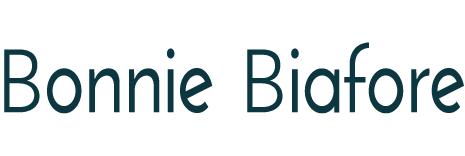Make Change Meetings Easy
Good change and stakeholder management help make change meetings easy-going approval exercises. Here are steps to avoid contentious change meetings:
- Ensure technical team members understand change impacts and risks. Technical teams often focus on how to accomplish a change without considering the potential effects on your business. Involve business team leaders so they can confirm the approach for a change before reviewing it with management. Describe any impacts in business language rather than technical jargon.
- Review change impact and risks with management: Reviewing a change with management before a change meeting facilitates supportive discussion. Your chances of getting a viable change approved increases when you give managers time to process change impacts and plan for how to manage them. This review also allows management to come up with ideas about increased value or reduced risk, which can be incorporated into your change planning. Finally, with time to review changes before the meeting, managers don’t need to ask fundamental questions in front of their peers.
- Propose a schedule and get preliminary agreement: Sometimes, the hardest part of a simple change is determining the best time to schedule it! The more discussion you have about schedule, the more you will understand the pros and cons of various alternatives. That way, the schedule may be worked out prior to a change meeting or finalized in a non-contentious manner at the change meeting.
- Ensure all change approvers are on board: Although you may have briefed key stakeholders and technical team members, be sure that all change signatories and their delegates are aware of the analysis that has been done. Answer any questions approvers may have and ensure they are comfortable to proceed. Doing so will avoid prevents undue delays getting your change approved.
Now you can enjoy easy change meetings where confirmation is the agenda. You’ll show that you have things under control and your project is professionally managed.
For more about change management, see Bob McGannon’s LinkedIn Change Management Foundations course.

